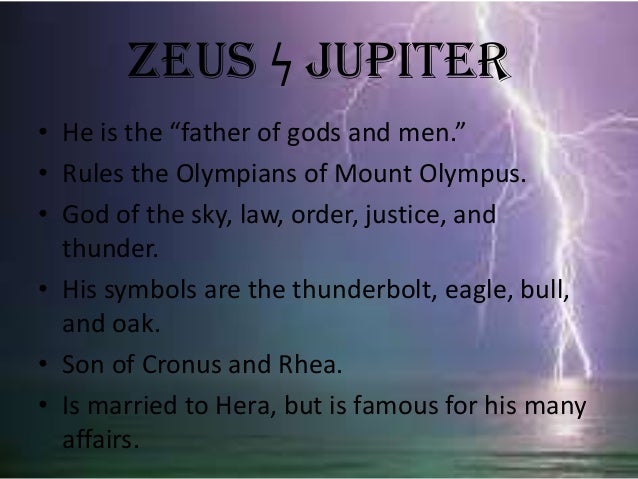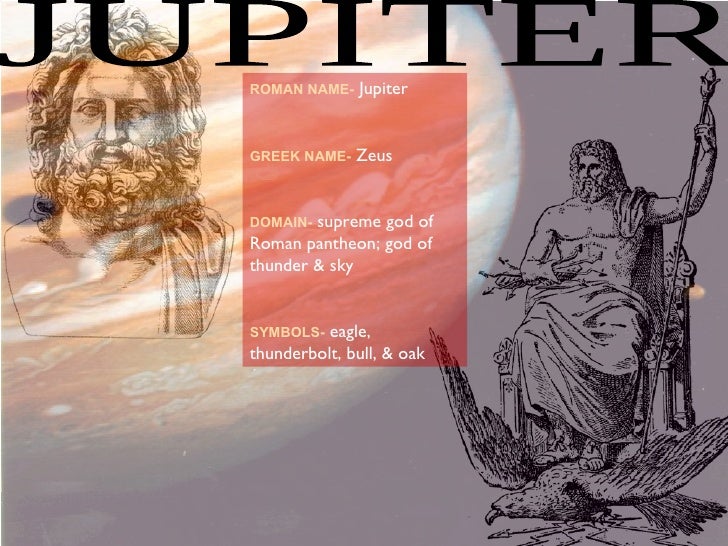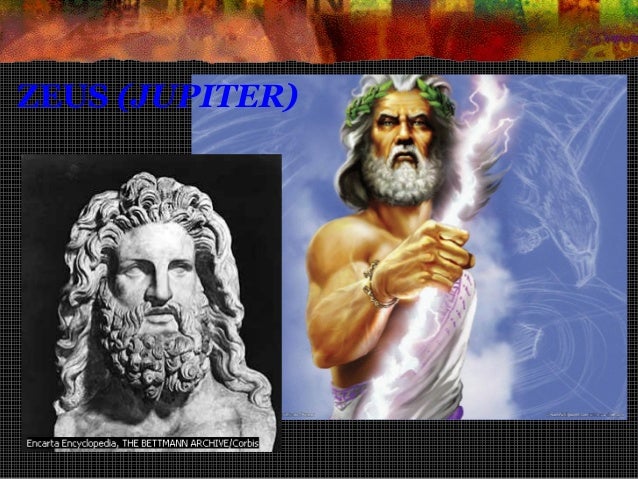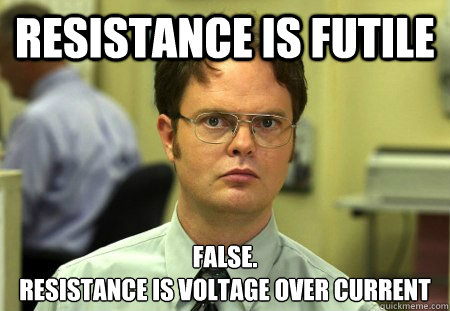This thread has gone on for so long that the meaning of Pluto in the chart is probably buried and forgotten.
Again, if any traditional astrologers do not wish to use Pluto, that's fine. However, their personal preferences are no reason for anybody else not to use Pluto. Fans and onlookers of traditional astrology who do not read charts for people, trying out the modern outers, are in a weak position to argue for or against Pluto's utility in chart-reading.
The "overlap" problem is not a problem.
Planets' and sensitive points' meanings do overlap in both traditional modern and western astrology. Arabian parts would be one example. House and planet or sign overlap (especially in traditional medical astrology) would be another. So if you don't wish to use Pluto, don't use Pluto; but in any type of astrology, repetition of testimonies is a good thing. It means you've got something.
Pluto transits are really meaningful. To me, this is an important reason to keep Pluto. If you find yourself thrown into an existential despair despite your externalities looking good, and with no history of depression, see what Pluto is doing in your chart.
Positive natal Pluto: your capacity for self-transformation. Your ability to gain strength from foundational upheaval in your life. Think of the phoenix. Ambition that doesn't quit in the face of feeling hurt or defeated.
Negative natal Pluto: Power struggles, ruthlessness, either expressed by the native or experienced by the native in others. Ambition that doesn't care who gets hurt in the process-- or that even enjoys registering hurtful power over other people. Pluto is sufficiently strong that some people fear and deny its role in their personalities. A repressed chart will "out", however, so that Pluto unsurprisingly shows up as other people who bully, dominate, or suppress the "nice" native. Then the nice person's need is to reincorporate Pluto into his own sense of self.
Either: intensity, a willingness or inadvertent requirement to experience life at its worst, and to find meaning nonetheless.
There are entire cookbooks on Pluto in the natal chart, notably in aspect. The only books on Pluto I personally don't care for are of the evolutionary, psycho-spiritual variety: Pluto has material consequences in people's lives.
On the whole, a Pluto trine goes easier than a Pluto opposition or square; but some sun trine Pluto and sun sextile people actually enjoy (3-series) dominating other people.
Pluto is one of the planets of the subconscious. Bullies are not always aware of their actual motives and rationales for trying to dominate other people. The meek daughter of an abusive father may not understand why her marriage to an abusive man somehow feels right. Pluto can be secretive, working in the dark and under cover.
By transit: Pluto metaphorically kills off what is "dead" or "dying" in your life, so that ultimately you can realize newer, deeper meanings, and more productive new growth can take place.
Resistance is futile.










